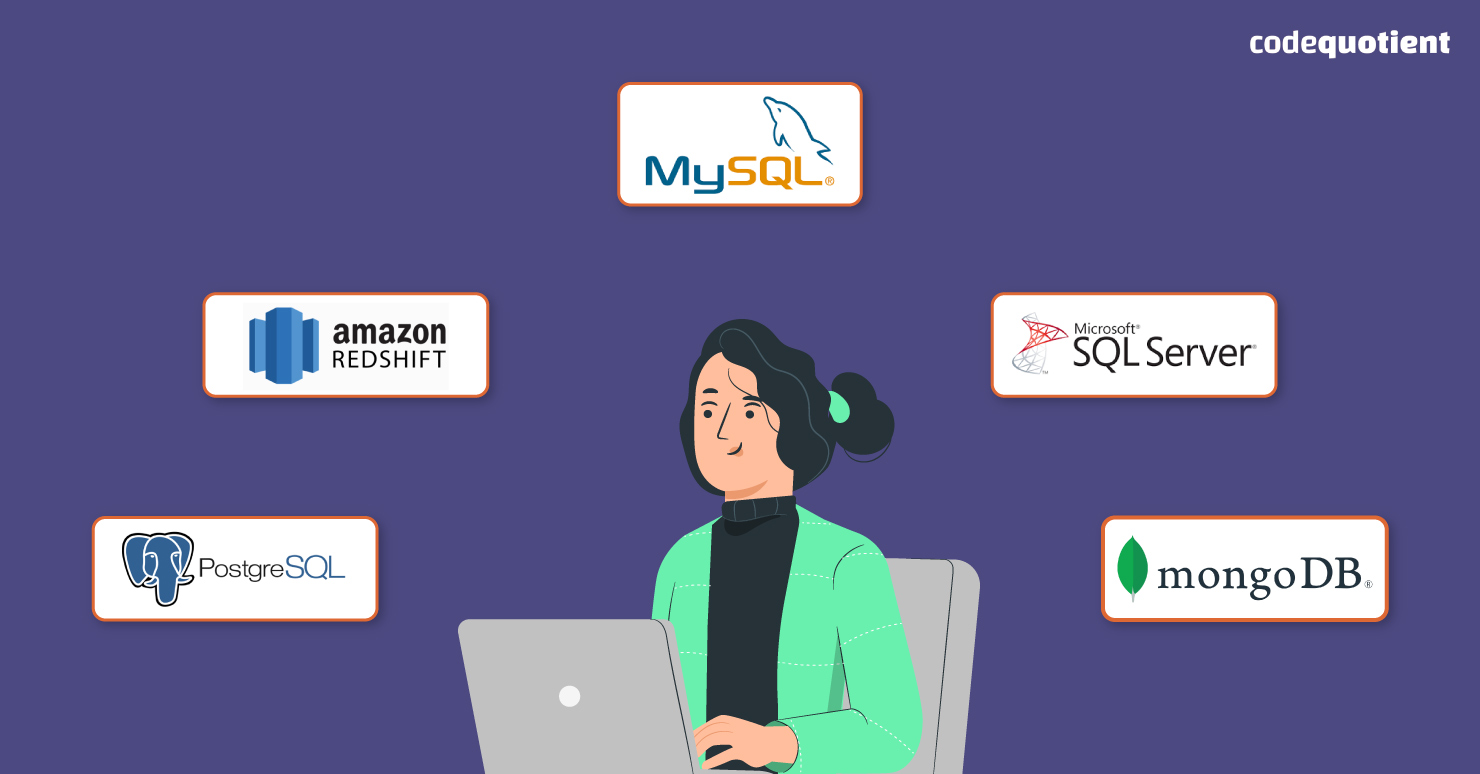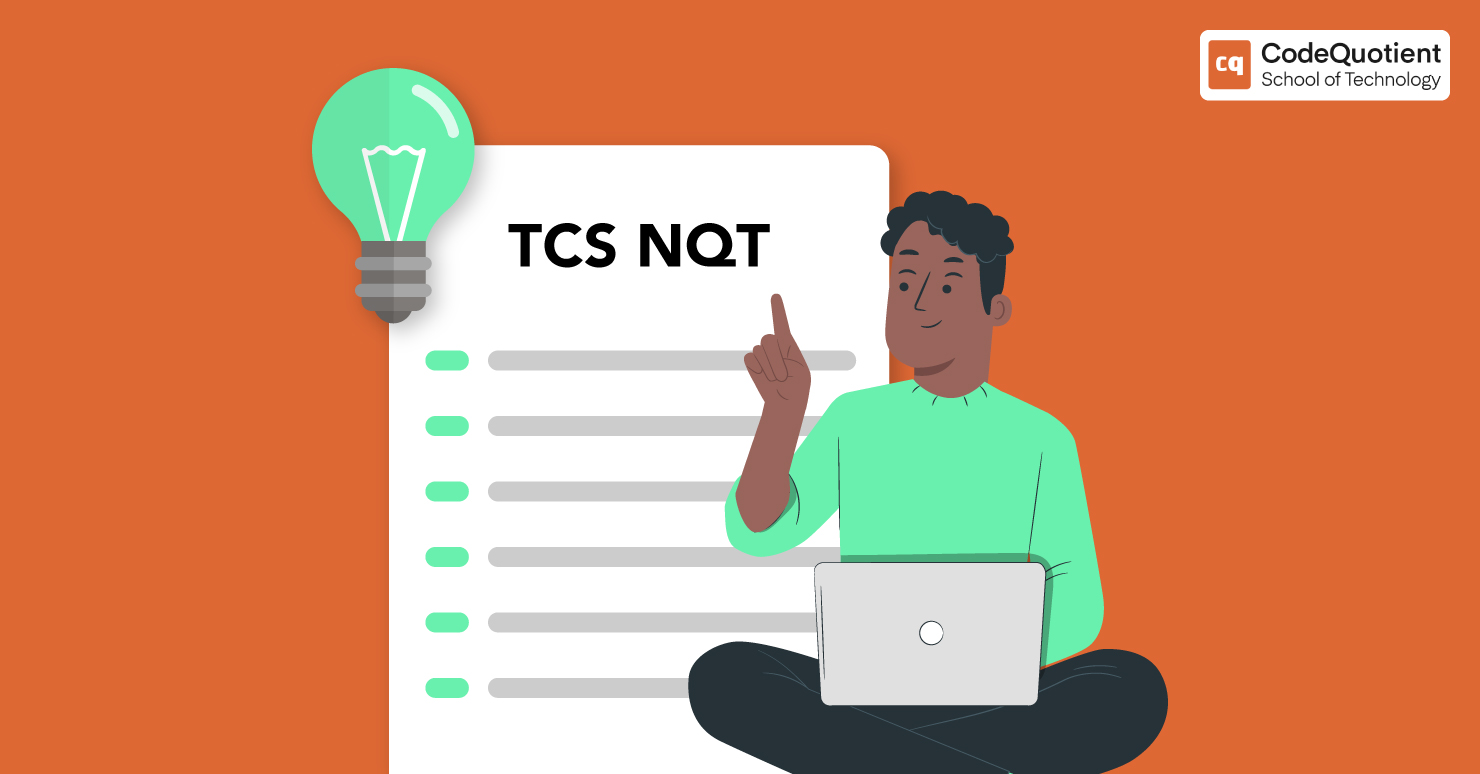Anybody wanting to learn data science must have a good knowledge of SQL (Structured Query Language) databases. Whether getting your certification or pursuing a speciality in this field, you must know about the top SQL databases. The current world is full of data collected and stored by companies, governments, and organisations are the main source of revenue generation for both the private and public sectors. In this article, we have included a list of the top five SQL databases you must include in your SQL course to learn data science.
An Introduction to SQL Databases
The SQL database is a fully-managed relational cloud database that combines the speed, scale, and security of Azure with the popular features and capabilities of the SQL Server.
The SQL database service makes it easy to build, deploy, and manage relational database workloads in the cloud. With it, you can set up a SQL server database in just a few minutes. The SQL database provides the tooling you need to manage, monitor, and optimize your database.
You can also create and manage database backups and have them automatically stored so that you can restore your database to any point in time. When you use a database, you can use familiar SQL Server tools like SSMS and SSDT to work with your databases.
Some SQL Databases for Data Science Courses

Many SQL databases can be used for data science, depending on the type of data analysis you’re looking to perform. Some of the most popular databases include:
1. PostgreSQL
PostgreSQL is a powerful open-source database management system (DBMS) that software developers favour because of its flexibility and scalability. It also offers excellent performance when working with big data sets.
Besides supporting structured and unstructured data, this database also offers the special ability to be programmed using several programming languages, including Python. So, if you’re looking for more powerful tools for data analysis, then PostgreSQL may be a better choice.
2. MongoDB
MongoDB is a popular open-source NoSQL database that is used as a database in data science and machine learning. As a result, understanding it is critical in the long run, particularly in the field. With its simple schemas, easy-to-use query language (JS), and ability to scale up or down as needed, MongoDB is perfect for building fast, efficient databases without sacrificing functionality or versatility. It is ideal for storing large volumes of data and streaming live queries over HTTP.
3. Microsoft SQL Server
Microsoft SQL Server is one of the most popular SQL databases in the world. It is often considered easier to use than other SQL databases because of its wide range of features and integrations.
And choosing SQL Server is also a great choice for data scientists as it is one of the best SQL courses. And that’s because it can do two things for you. It can help you keep your data secure and ensure it is always available. It does both of these things using a couple of different features.
4. MySQL
If you’re a data scientist, you’ve probably heard of MySQL. However, if you are a data scientist and are not using MySQL, you may be passing up an opportunity. MySQL is the world’s most popular open source database, used for everything from small websites or blogs to large-scale enterprise applications and everything in between.
MySQL is a relational database management system perfectly suited for managing data from large-scale, complex data science proof of concept (PoC) and production applications.
The open source database, owned and developed by Oracle, is a good option for enterprises looking for an alternative to other popular commercial relational databases, such as Microsoft Azure SQL Database and Amazon Redshift.
5. Amazon Redshift
Amazon Redshift is an innovative, cutting-edge database that enables you to perform data science tasks quickly and easily. It’s designed for large-scale data warehousing, so it can handle complex queries and massive volumes of data. Furthermore, Amazon Redshift provides several features that make it ideal for predictive analytics and machine learning applications.
For example, Amazon Redshift offers generous parallelism options which allow you to run multiple jobs on one cluster without affecting the performance or scalability of your system. Additionally, its auto-scaling feature ensures that the resources required by your job are always available no matter how much traffic is being processed by your cluster.
Lastly, it makes it easy for you to get started with data science and explore various ways in which you can use this valuable information asset to improve business outcomes.
NOTE: Amazon Redshift is a relational database management system and can be used as a database as well. It is compatible with other RDBMS applications.
Final Thoughts
In the end, we hope that we helped you narrow down your choices. If you are just starting with data science, these databases come with a long history and an experienced workforce to assist when it comes to getting started.
These databases provide robust features for storing, organizing, and analyzing vast amounts of data. These are also very flexible when it comes time to make changes or add new features. Furthermore, these SQL-based databases are often a better fit for beginners trying to get their feet wet in big data analysis than other ones. At CodeQuotient, we assist you in launching your tech career by empowering learners, colleges, and businesses with our ground-breaking programs.




